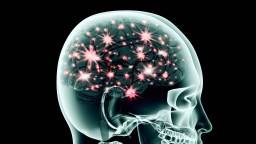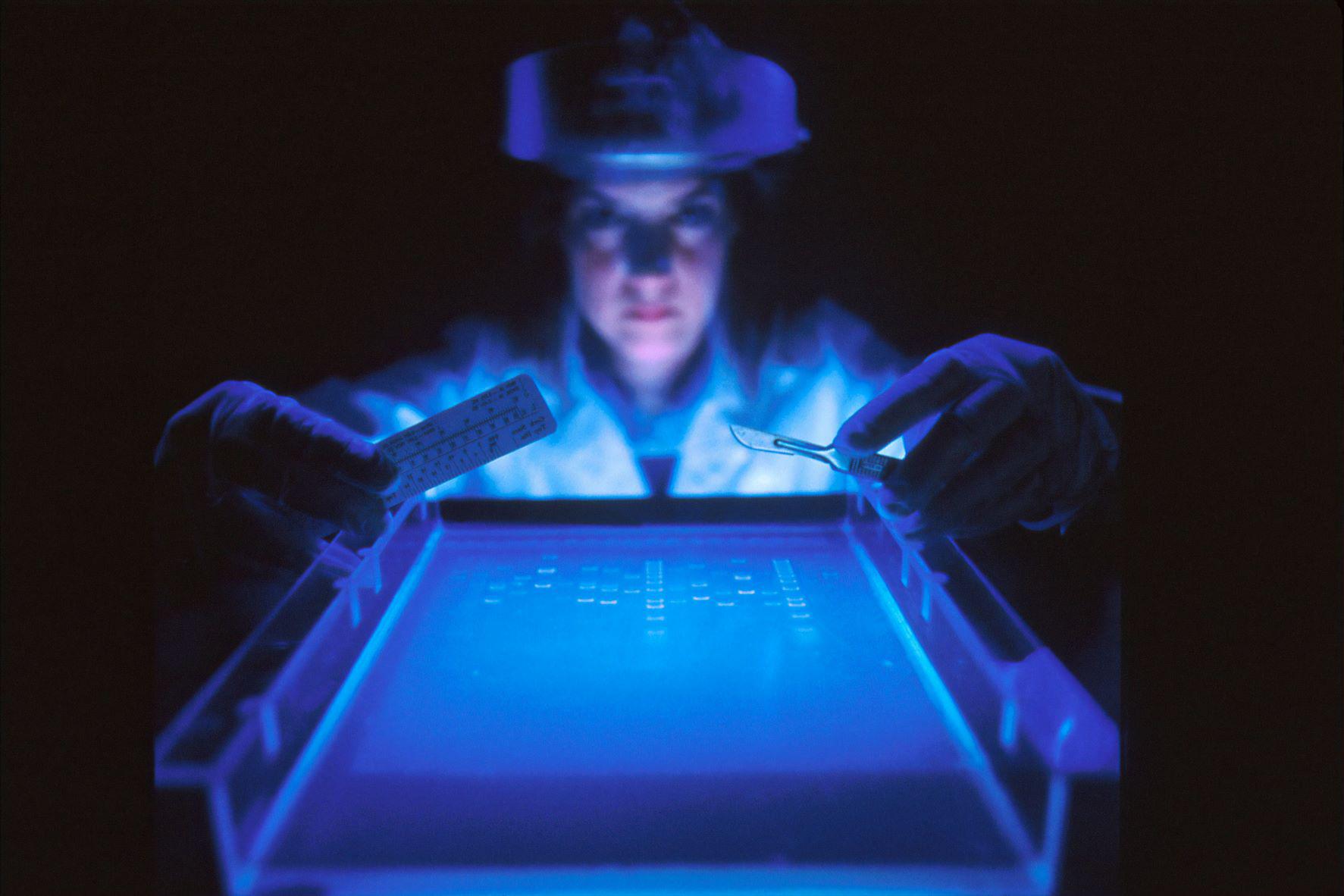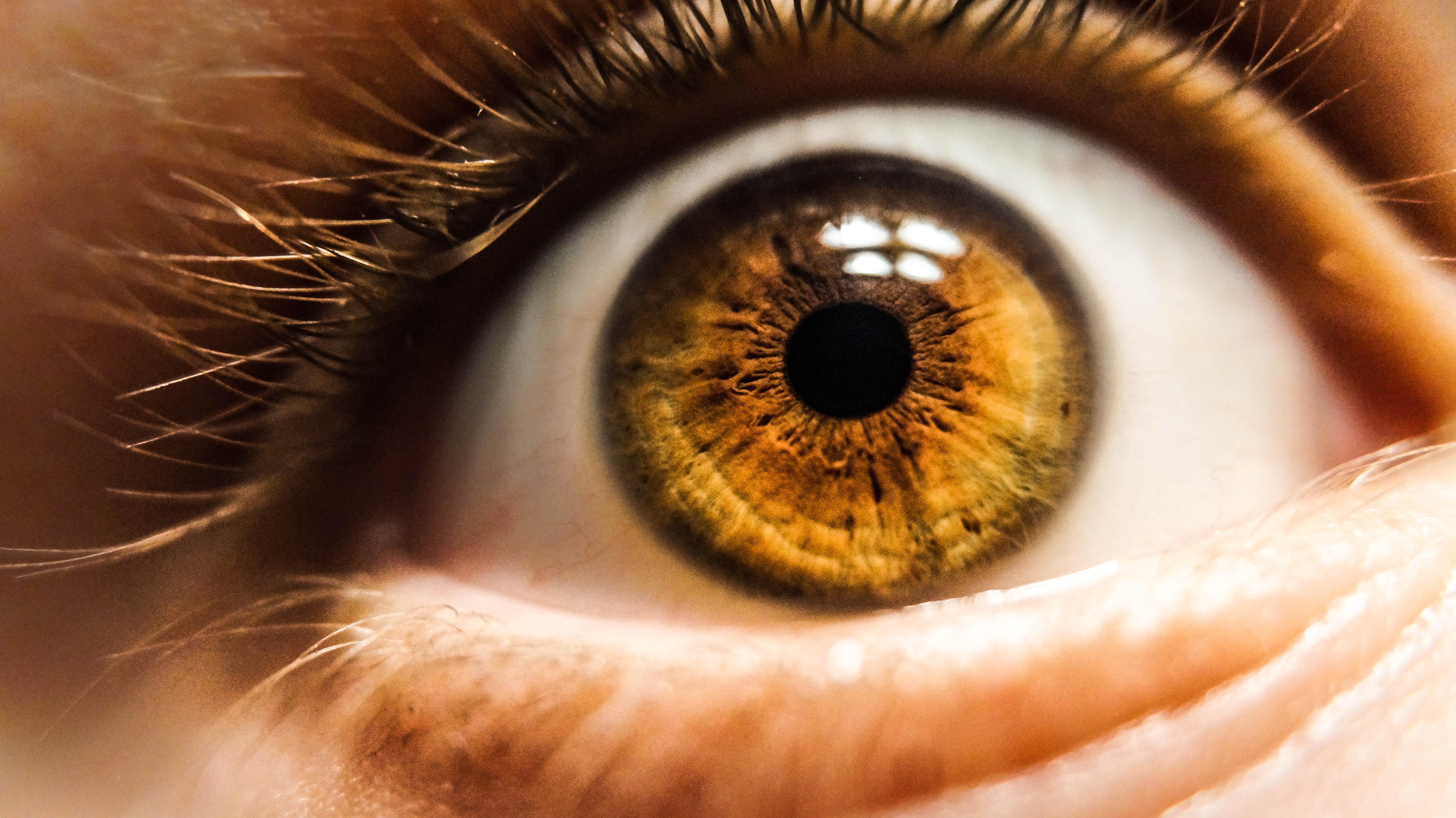memory
The evidence is far less clear than popular media might lead you to believe.
Stress shrinks your brain. Neuroscientist Lisa Genova explains how to strengthen it.
▸
10 min
—
with
If love is an addiction, your first love is the first dose.
Brain cells snap strands of DNA in many more places and cell types than researchers previously thought.
Are you getting a full 8 hours?
The experience of life flashing before one’s eyes has been reported for well over a century, but where’s the science behind it?
The author of ‘How We Read’ Now explains.
Neuroplasticity is a major driver of learning and memory in humans.
“The smell of fresh chopped parsley may evoke a grandmother’s cooking, or a whiff of a cigar may evoke a grandfather’s presence,” says author.
The Persian polymath and philosopher of the Islamic Golden Age teaches us about self-awareness.
A large study shows changes in the brain scans of lonely people in the area involved in imagination, memory, and daydreaming.
A new theory suggests that dreams’ illogical logic has an important purpose.
Schools have become captivated by the idea that students must learn a set of generalized critical-thinking skills to flourish in the contemporary world.
Recent research shows that brain teasers don’t make you smarter and don’t belong in job interviews because they don’t reflect real-world problems.
A Stanford study explores the effect of multitasking on memory in young adults.
Work that can break down the body can also break down the mind.
Research suggests that aging affects a brain circuit critical for learning and decision-making.
A 2020 study published in the journal of Psychological Science explores the idea that fake news can actually help you remember real facts better.
A new study collected 500 data points per second. Handwriting won out.
Yet 80 percent of respondents want to reduce their risk of dementia.
The number of people with dementia is expected to triple by 2060.
The neurodevelopmental disorder has long baffled researchers.
You actually score worse on memory tests.
A new study shows that naming conventions will change how infants represent objects in their memories.
Preliminary studies on mice show positive results.
Never has the bar to entry been so low and the recognized benefits so high.
There are many reasons why this could be true.
The 2020 study successfully removed memories associated with morphine from the brains of mice with very promising results.
Working memory is the workhorse of cognition. Having less of it has side effects.
A study of the manner in which memory works turns up a surprising thing.





























